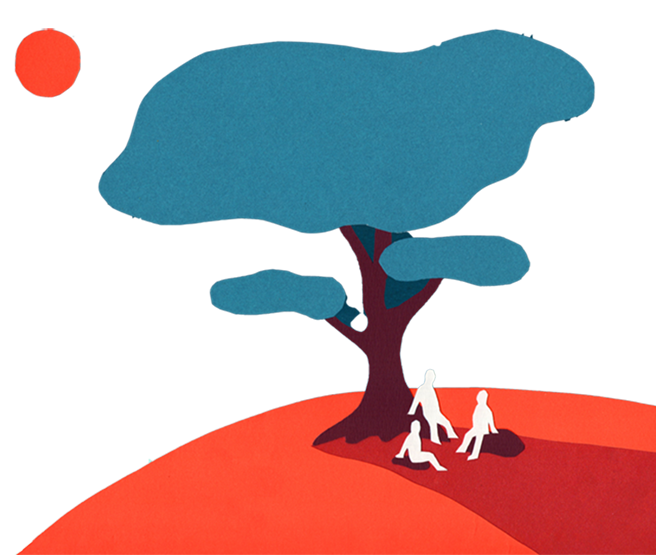The basic idea of the investigative attitude is simply that of being aware of the fact that a situation is puzzling but that you don’t know which is the best question to ask about it. You are puzzled, but you do not know how exactly to articulate your puzzlement. I contrast this kind of puzzlement to situations in which you know what information you lack. When you lack information, or think you lack information, you presuppose the intelligibility of a procedure that will give you the missing information. But oftentimes there is no such procedure, or you don’t know whether there is nor whether you will be able to execute it if there would be. There are many situations like that. Think of wondering about accepting a job offer, or about moving to another part of the country. Think of situations in which you want to care for a deeply unhappy person. Think of situations in which experts contradict one another, or situations of incomprehensible or insoluble misunderstanding, or situations of grave ambiguity or ambivalence. In all such situations the fundamental problem is trying to find the right words to formulate a question that might give you direction. The investigative attitude is just a matter of awareness of such situations, a mindset that suppresses your eagerness for a quick answer, a serious engagement with exploring the nature of the problem, or set of problems, you might be facing. Such a mindset is actually an ordinary bit of a philosopher’s second nature. A philosopher is never just asking questions but is always reflecting on the questions being asked. Is this the question that should be asked? Such an investigative attitude is a crucial part of human intelligence, of our commonsensical approach to the unfamiliar. However, this part is apt to be silenced by a range of dominant tendencies, both in human nature and in modern culture, to emphasize the habitual, the usual, the familiar. My book tries to be an eye-opener in response to these tendencies. For there are often good reasons to pay attention to what is unfamiliar in what seems to be familiar, unusual in what seems to be natural, uncommon in what seems to be a matter of course. A well-developed capacity to take up an investigative attitude is a crucial feature of our common sense. It supports the kind of mental flexibility we need for survival and for flourishing.
